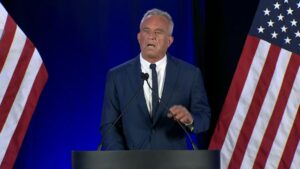Cyclists brave Lahore smog to convince drivers to ditch their cars
Lahore, Pakistan (AFP):
Cyclists in Pakistan’s smog-smothered Lahore are enduring hazardous pollution levels in a campaign to get people to ditch their cars for cycles.
Each week around 100 adults and children, some wearing masks or scarves wrapped around their mouths and noses, jump on their bikes to cycle around landmarks in the city of more than 11 million people.
“The smog is a huge concern for us because there are so many cars now and the population has increased so much,” said Afia Khan, who joined the initiative in August.
But it is an uphill challenge encouraging people to take up the environmentally friendly mode of transport, and the group often require a police escort to keep them safe in a city that lacks dedicated bicycle lanes.
Cyclists are “at the mercy of these ruthless motorbikes, chingchies (auto rickshaws) and cars” that have not embraced the idea of sharing the roads with cyclists, said Rana Sohail, the head of Clean Pakistan Green Pakistan, which launched the venture with Critical Mass Lahore.
“The government needs to create a more cycling-friendly infrastructure,” participant Humayun Qureshi shared at the latest event on Sunday, which he attended with his wife and two daughters.
There is also an attitude prevalent in some conservative sections of the society that sport, including cycling, is inappropriate for women.
“It’s truly great to be able to go with the group because I’m ensured of my safety,” said Zarwa Jamal, a student.
Lahore consistently ranks as one of the cities with the highest air pollution, with industrial pollutants, smoke from seasonal crop burn-off, fumes from vehicles and colder winter temperatures coalescing into toxic smog.
In November a court ruling forced authorities to close schools on Fridays and Saturdays, as well as the usual Sunday break, due to high levels of air pollution.
Understanding about the terrible health impacts of smog has increased in the past few years, putting pressure on the authorities to come up with measures to tackle the problem.
“The point of reaching actual awareness is still far, but hopefully we will slowly achieve it,” said cyclist Tanzeel ur Rehman.










